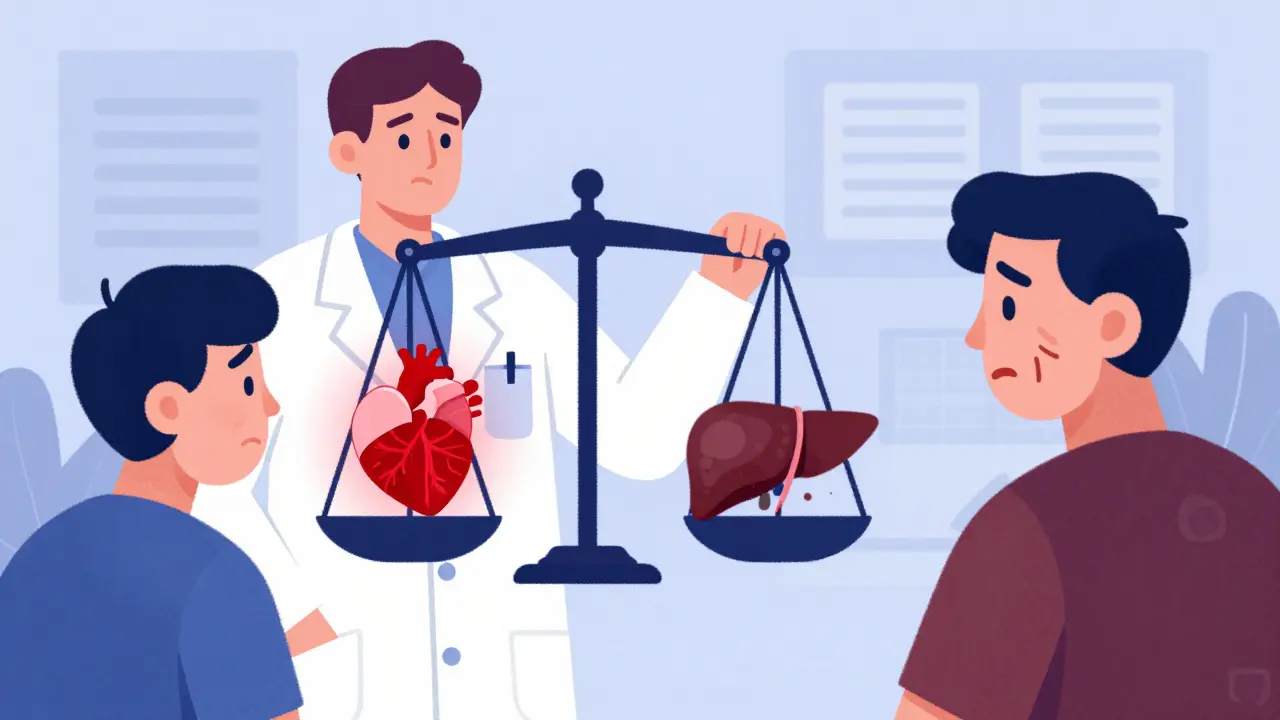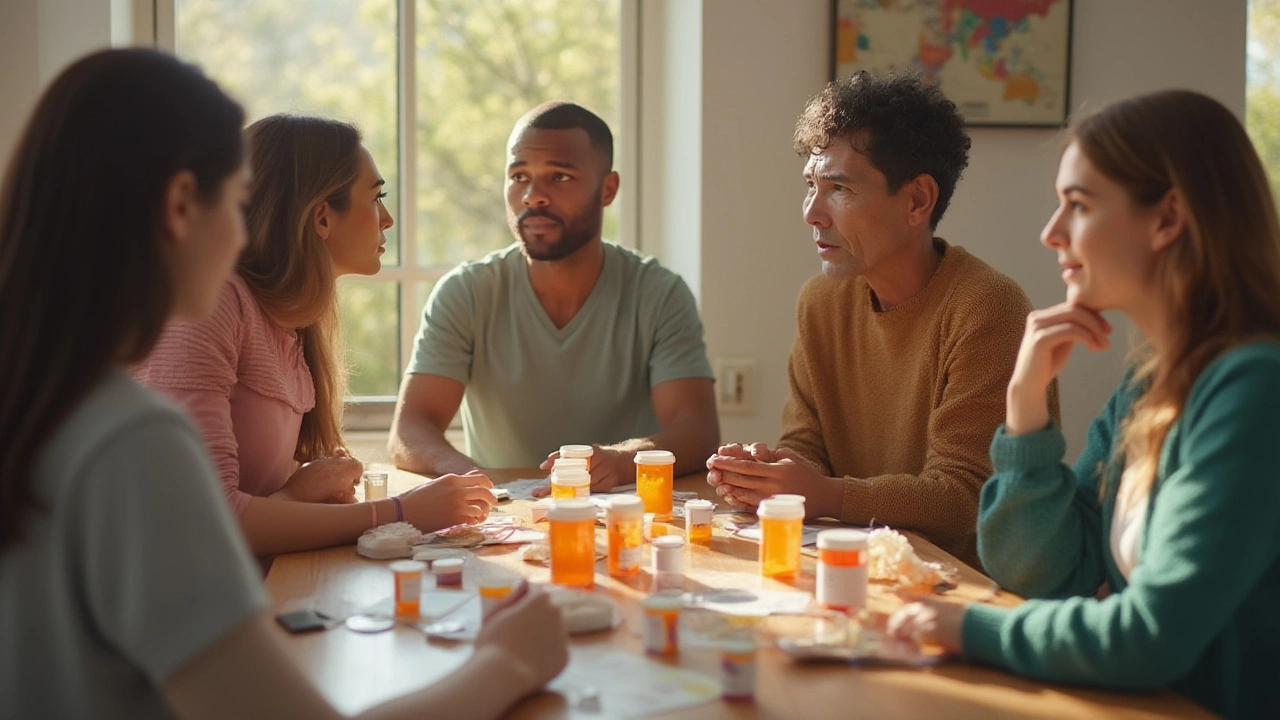Medication Risks – What You Need to Know Before You Take Anything
If you’ve ever wondered why a pill that helped you once could make you feel weird later, you’re not alone. Every drug, whether prescription or over‑the‑counter, carries some risk. Knowing those risks helps you avoid surprises and stay healthier.
Common Risks to Watch For
First, side effects are the most obvious risk. They can be mild, like a headache, or serious, like breathing problems. The chance of an effect depends on the drug, your age, and other medicines you’re taking. For example, mixing certain antibiotics with blood thinners can cause dangerous bleeding.
Second, dosage matters. Taking more than prescribed doesn’t make the medicine work faster; it often increases toxicity. Over‑dosing on acetaminophen, for instance, can damage your liver even if you think a little extra won’t hurt.
Third, interactions aren’t just about other drugs. Food, alcohol, and even herbal supplements can change how a medication works. Grapefruit juice is notorious for boosting levels of some cholesterol meds, which can lead to heart issues.
Fourth, long‑term use brings hidden risks. Some pain relievers, when used for months, can irritate your stomach lining or affect kidney function. Always ask how long you should stay on a drug and whether a break is safe.
How to Minimize Medication Risks
Start with a clear medication list. Write down every prescription, over‑the‑counter pill, vitamin, and herb you use. Show this list to any new doctor or pharmacist – it’s the fastest way to spot dangerous combos.
Read the label, but also read the patient information leaflet. It’s where you’ll find warnings about pregnancy, driving, or specific health conditions. If a warning feels confusing, call your pharmacy and ask for a simple explanation.
Never skip the doctor’s advice about timing. Some drugs need food to avoid stomach upset, while others must be taken on an empty stomach for proper absorption. Setting a reminder on your phone can keep you on track.
Watch for changes. If you notice a new rash, dizziness, or unusual fatigue after starting a medication, note the date and contact your healthcare provider right away. Early action often prevents a bigger problem.
Finally, keep your prescriptions in one safe spot and discard old or unused meds properly. Storing pills in a humid bathroom can degrade them, and using expired medication can increase side‑effect risk.
Understanding medication risks isn’t about fearing every pill; it’s about being smart with what you take. By staying informed, keeping a current medication list, and talking openly with your pharmacist or doctor, you can enjoy the benefits of treatment while keeping unwanted effects at bay.
Why Healthcare Providers Weigh Risks vs Benefits of Medications
-
Written by Clarissa Farnell
9/ 01
Healthcare providers weigh medication risks versus benefits to ensure treatments do more good than harm. This science-backed process considers disease severity, side effects, patient preferences, and real-world outcomes to guide safe, effective prescribing.
Common Diabetes Pills: Side Effects, Risks, and What to Expect
-
Written by Clarissa Farnell
18/ 07
Get clear answers about the side effects of common type 2 diabetes pills. Know the risks, symptoms to watch for, and tips to handle unwanted effects.

